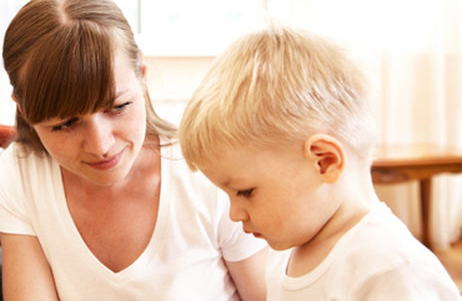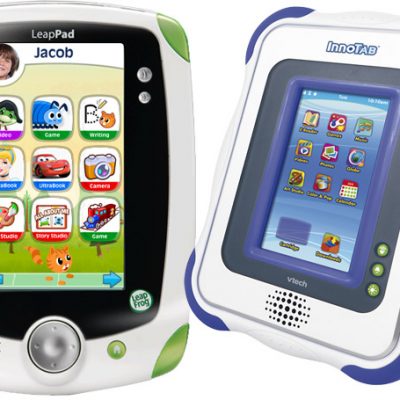New research indicates that children with post-traumatic stress disorder (PTSD) and high levels of cortisol, a stress hormone, may experience a kind of brain damage which can put them at risk for depression and anxiety. The study’s results appear in the March issue of Pediatrics.
Researchers from the Stanford Early Life Stress Research Program at Stanford University studied 15 children, ages 7 to 13. All of the children had developed post-traumatic stress disorder after experiencing some kind of trauma, such as witnessing violence or being physically or sexually abused.
12 to 18 months after the study began, researchers measured the size of the hippocampus, an area of the brain which plays a role in memory and emotion. Children who exhibited the most severe symptoms of PTSD showed higher levels of cortisol at the beginning of the study. According to Dr. Victor G. Carrion, lead author of the study, animal research suggests that high cortisol levels can cause brain damage.
Children who had the highest cortisol levels were also more likely to have smaller hippocampal volumes by the conclusion of the study, which might lead to difficulties later on, Carrion said. “When you finish having chronic PTSD, you might not have the resources in your hippocampus to really fight stress adequately as an adult,” he said. “That puts you at risk for anxiety and depression.”
According to the National Institute of Mental Health, children and adolescents may respond to trauma immediately after the traumatic event, or their response may be delayed for days or weeks. They commonly lose trust in adults and often fear that the trauma will happen to them again. Reactions to trauma vary somewhat according to age.
Children who are 6 to 11 years old may exhibit extreme social withdrawal, disruptive behavior, and an inability to focus. They often have nightmares, sleep difficulties, irrational fears, irritability, and angry outbursts. They may do poorly in school or refuse to attend school at all. They often complain of physical pains which have no medical explanation. Symptoms of depression and anxiety often surface in traumatized children at this age.
Adolescents aged 12 to 17 may respond to trauma much as adults do. They often have flashbacks, nightmares, confusion, and difficulties with peer relationships. They may also show signs of substance abuse and symptoms of depression, including social withdrawal, sleep problems, poor academic performance, and suicidal thoughts. Adolescents often feel excessive guilt over the traumatic event; they may also fantasize about taking revenge.
Sources:
- MSN.com
- National Institute of Mental Health
- BBQ Papers




